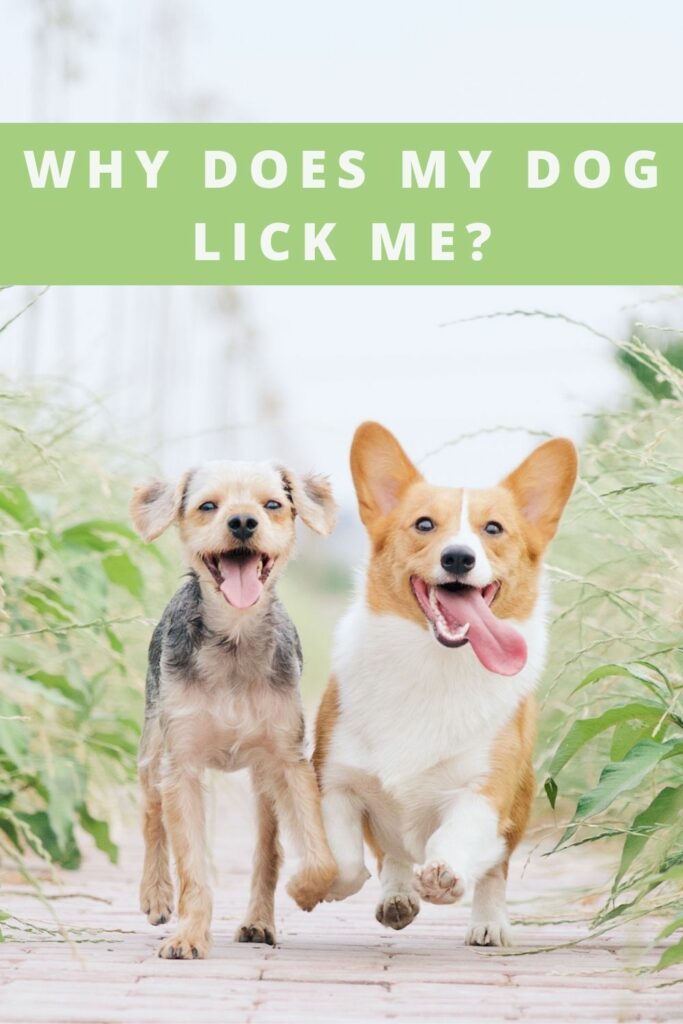Licking is a natural behavior that dogs display. If your dog licks you often, you may wonder the reasoning why especially if it doesn’t seem obvious. Maybe you’re just greeting them after arriving home or playing with them at their level on the floor.
Being licked by your dog could signify affection, which is how many people view dog licks. They like to think when their dog licks them; it’s like a kiss.
However, your dog licking you could have many different reasons behind it. So, why does your dog lick you? You’ll find all you need to know below to help decipher the question and when you might want to contact the vet due to licking too much.
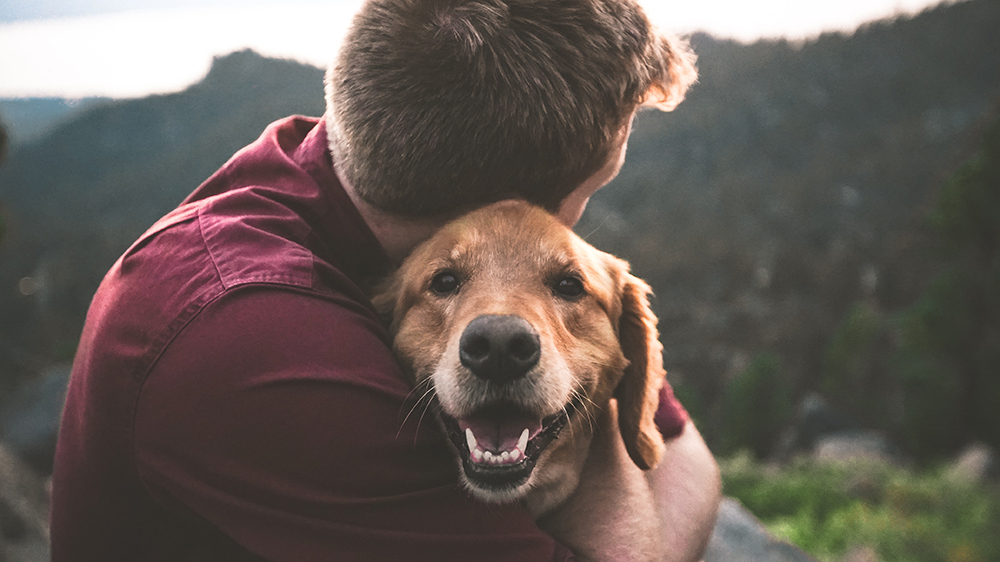
Licking is instinctive for dogs. They use it as a way to express themselves, so you may often find them licking as a way to demonstrate emotion. For example, mothers will lick their puppies to stimulate development and comfort and encourage them to move. In turn, dogs see licking as a sign of security, so they could be licking to provide you comfort.
Instead of licking being a sign of dominance, it’s the opposite. Submissive dogs will lick more than dominant or “alpha” dogs. So, if you have a dog that licks you often, you can take it as a form of understanding that you are in a dominant position as its owner.
Dogs will lick themselves as a way to clean. For example, sometimes your dog might walk through some wet grass, and it gets stuck in their fur. They will constantly lick to work the debris off of themselves. They also sometimes do it to clean the wound when they have an injury.
Dogs may lick as a way to get your attention, too. They may see that licking has you looking to provide them with something, such as getting a treat or reinforcing the behavior. If that happens often, they might continue to do so when you offer them that attention.
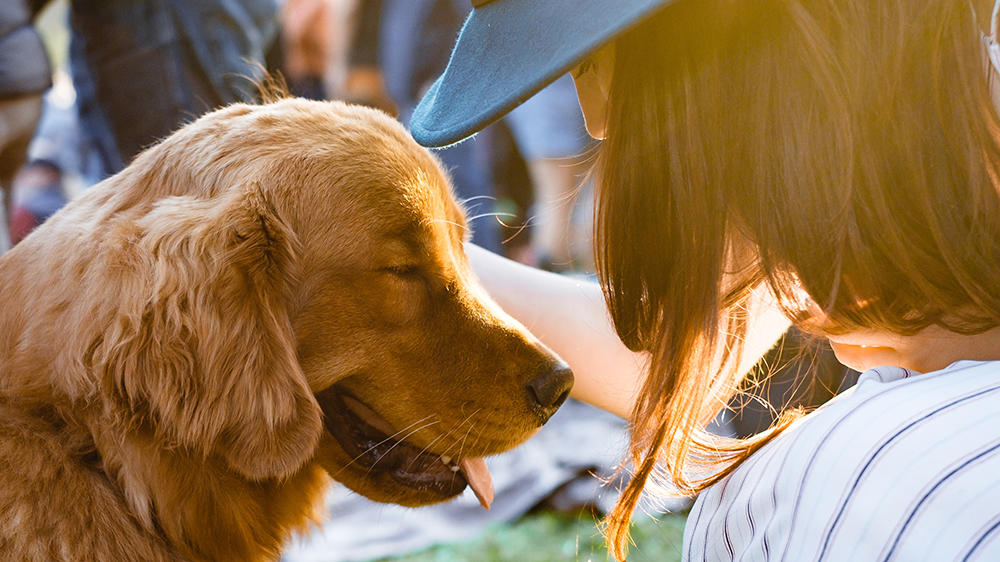
Your dog is sensitive to your emotions and can sense when you are sad or feeling down. For example, if you appear to be upset or are crying, your dog may work to provide comfort by licking you. Dogs have a wonderful sense of interpreting and responding to your feelings.
Sometimes, dogs lick because they like your taste. For example, maybe you’ve been outside in the hot sun or completed a workout and are sweaty, so you have a salty taste on your skin. Dogs love to lick the salt off because it tastes good to them.
You might also notice your dog licks you after you’ve applied a scented lotion or after a meal. This is because dogs can pick up subtle, enticing smells with their sensitive noses and will lick if it smells yummy.
Many owners view their dog licking as a sign of love, and it very well could be that your dog is just showing some affection. They may be happy to see you when you come home or just love that you’re providing them some love and attention and want to return the favor by licking.
When your dog licks due to stress or anxiety, this is cause for concern. For example, dogs sometimes suffer separation anxiety when left home for long periods. Dogs may also display anxious behavior that includes licking during traumatic events like a big move or something unfamiliar that disrupts their routine.
For example, plenty of good apartment dogs are suited for the smaller space, but if you have a big dog that needs room to run, it could cause problems. The dog could become anxious or stressed by the lack of area and turn to lick.
Dogs will look for ways to soothe themselves when they feel anxious. Licking releases endorphins and dopamine to help them feel more relaxed. If you notice your dog licking frequently, you can try to soothe your dog with cuddles, pets, and speaking in a calm, peaceful voice.
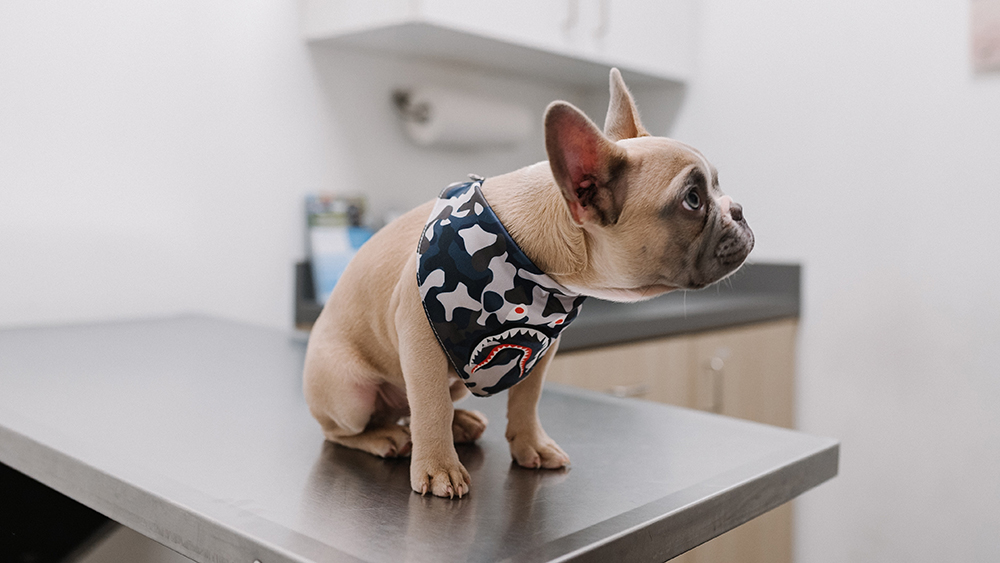
Frequent licking may have you wondering if something is wrong, and it could be that there is an underlying issue. Dogs lick more frequently when they have health issues, such as:
If you notice your dog licking a lot or is displaying other signs of a health problem, you should contact your local veterinarian and get your dog examined right away. Your dog may be suffering from a health issue or other problem.
Dogs can sometimes develop obsessive compulsive disorder (OCD) with licking due to long-term stress or anxiety. In this instance, you may be referred by a vet to an animal behavioral specialist for treatment.
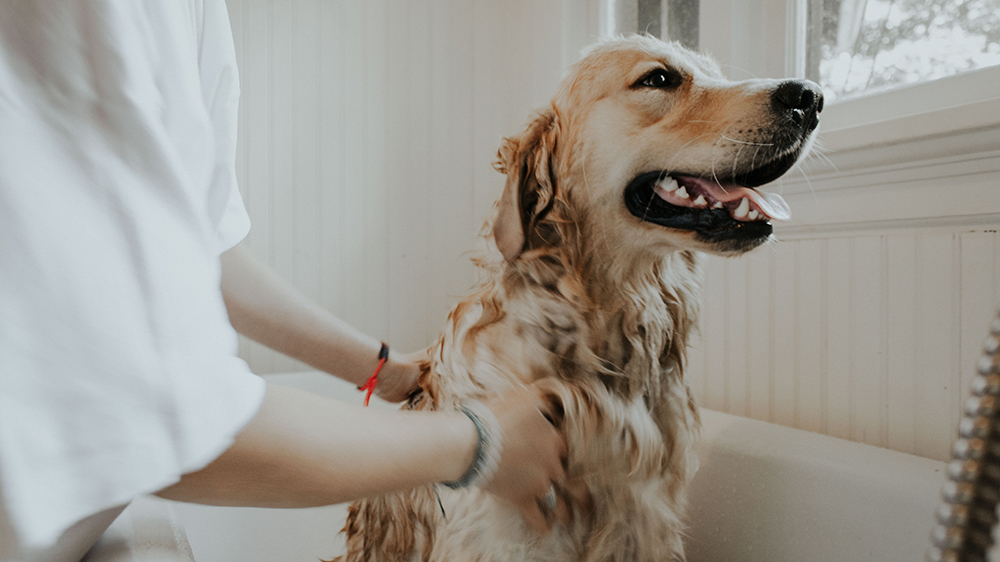
Licking is a natural behavior and usually not much of a concern. But, if you sense that it’s a problem or you feel your dog’s licking is bothersome, there are some things you can do to keep your dog from licking.
You might want to evaluate why your dog is licking first before you work to stop it.
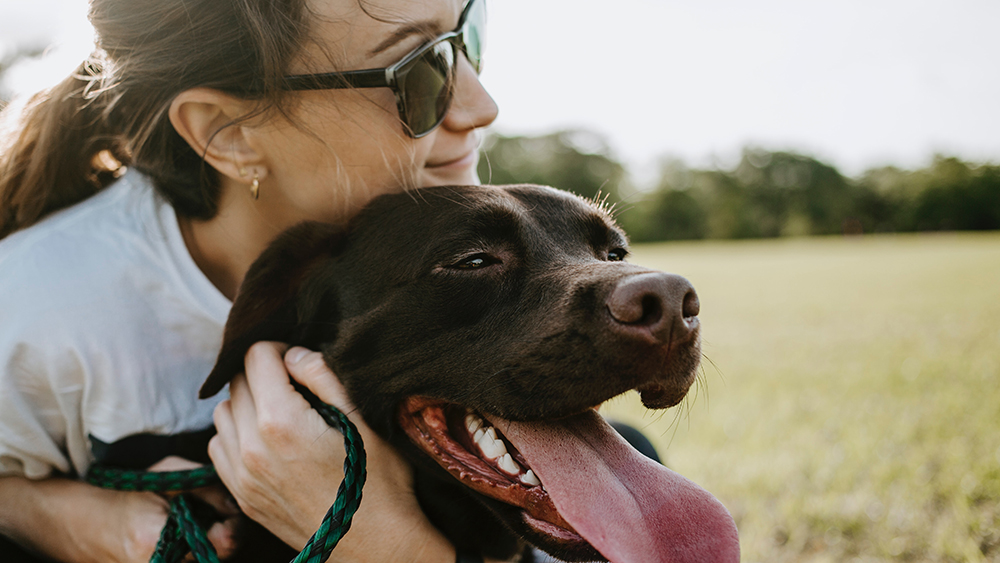
You don’t usually have to worry much about your dog’s licking behavior, but if you are curious, there are plenty of reasons behind the licking. If you are worried, feel your dog is licking more than usual, or notice other signs of something wrong, don’t hesitate to contact your veterinarian to check your dog’s health.
